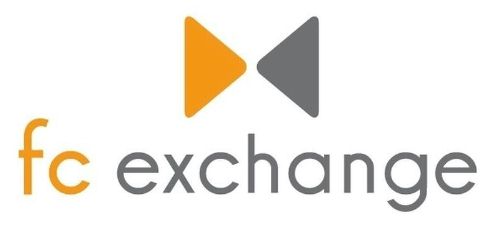A busy week for sterling.
Monday we saw the pound tumble to a new three-year low against the Euro, trading at 1.1476, the lowest level since August 2013. The exchange rate was even worse in some UK airports as holiday makers reported that they received an exchange rate of €0.9915 at Stanstead airport.
Tuesday we found out that Inflation in the UK has hit a 20 month high. The consumer price index which is the benchmark measure of inflation has increased from +0.5% in June, to +0.6% in July. The main factors behind the jump were the rising cost of alcohol, fuel and accommodation services.
While everyone was bracing themselves for more bad news regarding the state of the British economy, we had some good news. The number of people claiming unemployment benefits fell for the first time since February. 763,000 people claimed unemployment benefits in July, a decrease of 8,600 from June. The unemployment rate for the 3 months ending in June remained unchanged at 4.9%. This would suggest that “Brexit” has not dented employer confidence in the UK.
The good news continued, especially for British retailers as retail sales increased by 1.4% in July, a 5.9% increase compared with the same time last year. This data would suggest that British consumers appear to be unfazed by the “Brexit” vote. The pound rallied on the back of this surprising news finishing the day 0.8% up against the US Dollar and 0.4% up against the Euro.
Clearly this news did not reach Sir Philip Green on his yacht as he was slammed by MP’s for clashing with journalists in Greece as they questioned his role in the BHS collapse.
EURO
The Centre for European Economic Research (ZEW) reported that German economic sentiment increased from -6.8 in July to 0.5 in August. ZEW President Achim Wambach said "The ZEW Indicator of Economic Sentiment has partly recovered from the “Brexit” shock. Political risks within and outside the European Union, however, continue to inhibit a more optimistic economic outlook for Germany. Furthermore, uncertainty about the resilience of the EU banking sector persists."
The unemployment rate in France fell below 10% for the first time since 2012. The official figure for the second quarter was 9.9%. Many would argue that is not worth shouting from the roof tops, however this will be seen as a win for François Hollande who stated he would not stand for re-election unless there was a sustained fall in unemployment this year.
US DOLLAR
Data showed that Empire State manufacturing has declined by 5 points to -4.2, despite the negative announcement the dollar strengthened against the pound rising by 0.2%.
On Wednesday the Fed released the minutes from the July meeting, which suggested a rate increase is a possibility as early as September, but they will not commit to a hike until a strong consensus can be reached about the outlook for inflation, growth and employment.
Thursday we had Philly Fed manufacturing data which increased significantly, forecast at 1.9% it came in at 2.0.
Elsewhere
The Japanese economy grew at a much slower rate than expected in the second quarter despite aggressive measures by the government. Annualised GDP grew at 0.2% way below the forecast of 0.7%, and a worrying slowdown from the 2% it posted in the first quarter.
UK Retail Sales Increased by 1.4% in July


